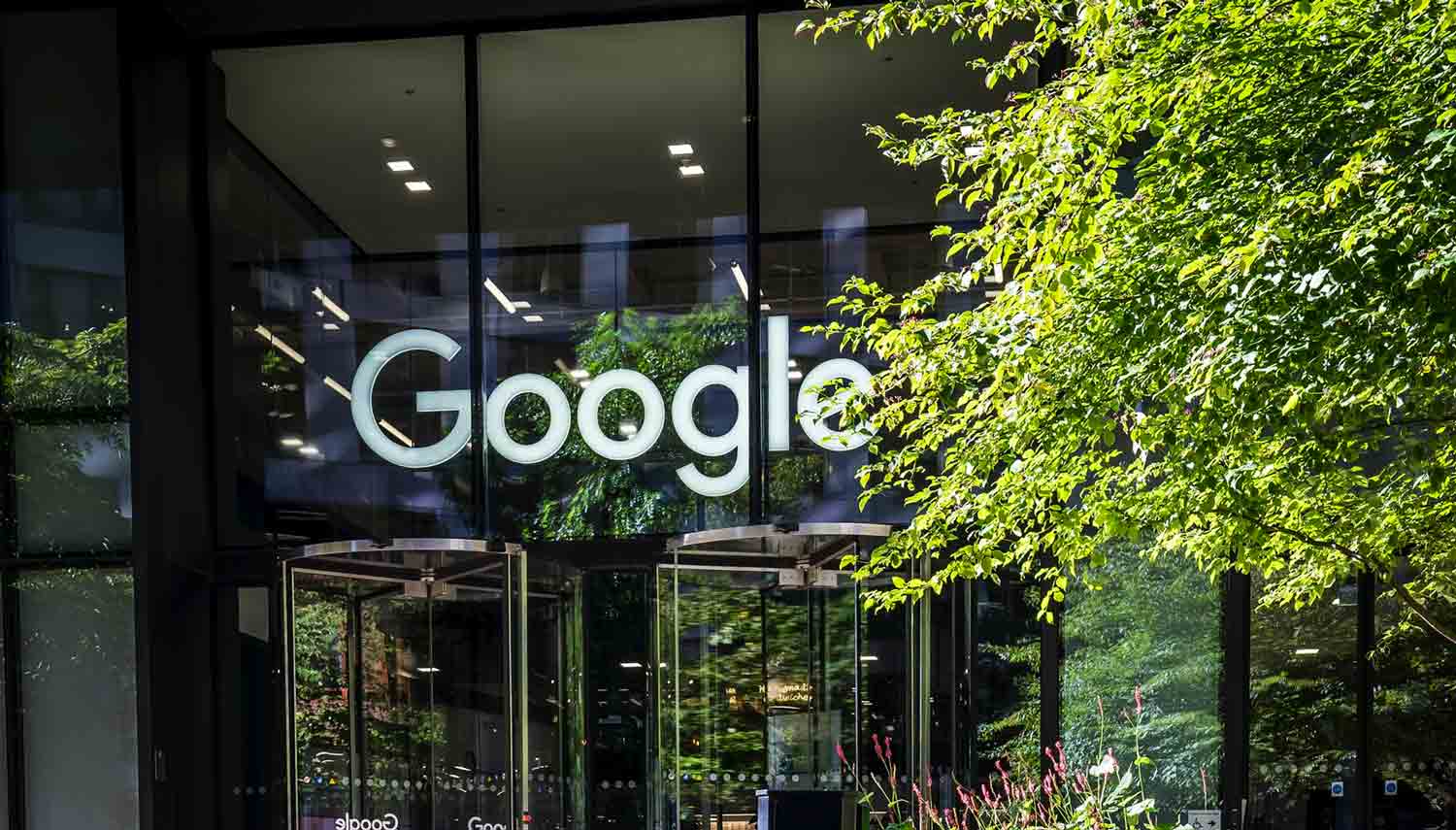

Artificial intelligence (AI) is revolutionizing the music industry by transforming how we perceive and engage with music. It is enabling the creation of new sounds, automating music production, composing entire songs, analyzing music, and creating personalized playlists. As AI continues to advance, it is reshaping the landscape of the music industry as we currently know it.
AI has the ability to generate unique sounds and instruments that were previously unimaginable. These AI-generated sounds are being incorporated into various music genres, ranging from pop to classical. Additionally, AI-generated instruments are giving rise to entirely new musical styles, like “neo-classical” and “neo-jazz,” providing artists with exciting means of self-expression.
One of the remarkable contributions of AI to the music industry is the automation of music production. Through AI-powered software, complete songs can now be created from scratch. These innovative tools also assist in tasks such as mixing and mastering tracks, generating sound effects, and producing other audio elements. Furthermore, AI-driven software has the capability to develop virtual instruments, like virtual pianos and guitars, broadening the possibilities of musical creation.
AI is even capable of composing entire songs. With the help of AI-powered software, melodies, chords, rhythms, lyrics, and vocal lines can be generated effortlessly. This AI-driven composition is seen across a wide range of music genres, including pop and classical styles, challenging conventional understanding of how music is created.
In addition to creation, AI is enabling analysis of existing music. AI-powered software can analyze music, identifying patterns, trends, and similarities between songs. This analytical capability paves the way for personalized playlists, where AI can curate music tailored to individual preferences. Furthermore, AI can determine the most popular songs within specific genres, helping listeners discover and enjoy new music.
AI is also transforming music experiences, making them more interactive than ever before. Using AI-powered software, virtual reality concerts and interactive music videos are being developed, offering immersive and engaging experiences. Additionally, AI is powering interactive music games, like rhythm games and music quizzes, captivating audiences in a whole new way.
As AI continues to evolve, its impact on the music industry will persist. The introduction of AI-generated sounds, instruments, and musical styles is reshaping traditional notions of music. AI’s automation of music production and composition is revolutionizing creative processes. AI-driven analysis is refining the way we discover and enjoy music. Moreover, AI-powered interactive music experiences are revolutionizing how we engage with music. The continuous evolution of AI promises to redefine music in ways we have yet to comprehend.
Related Posts




